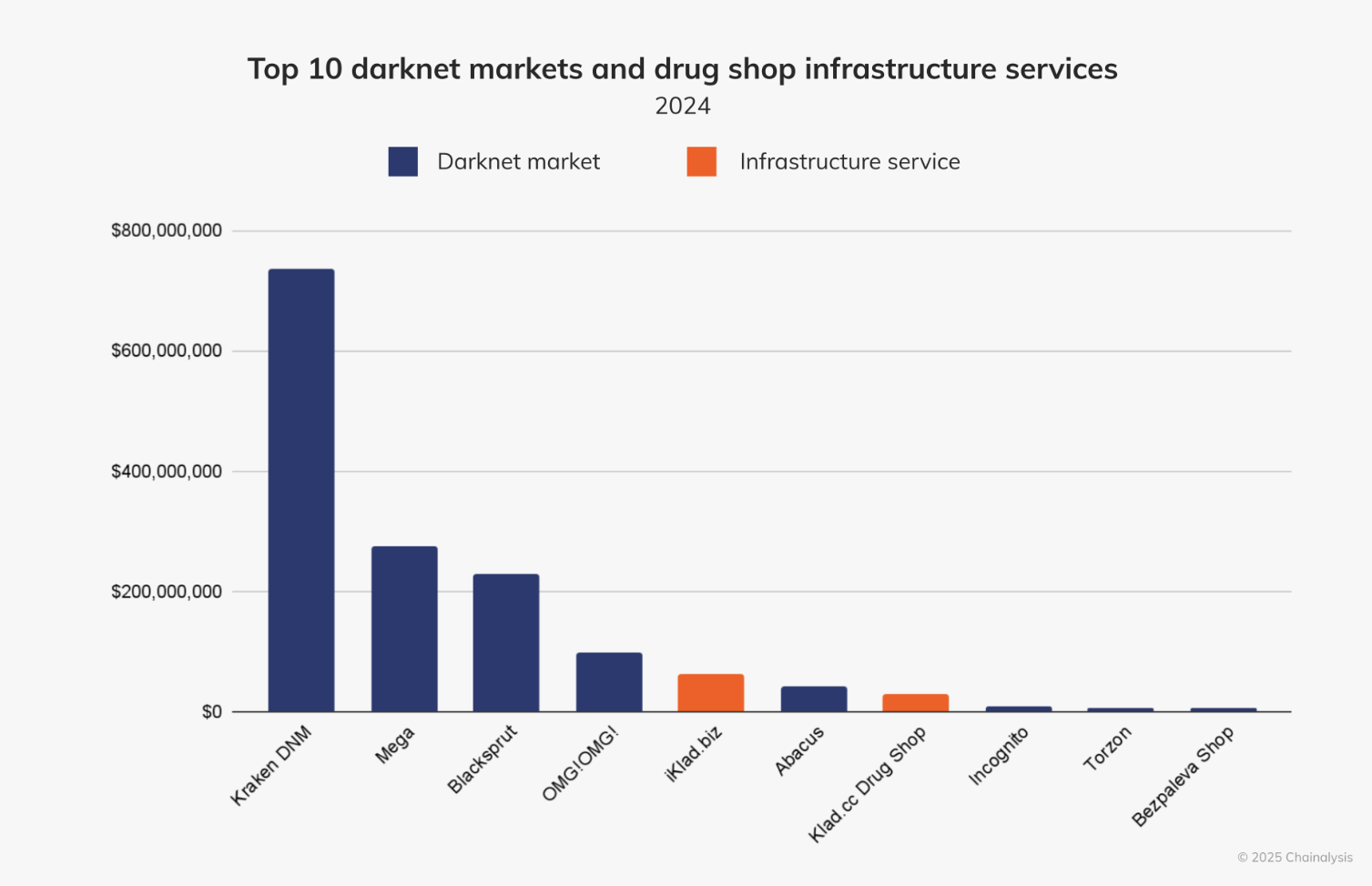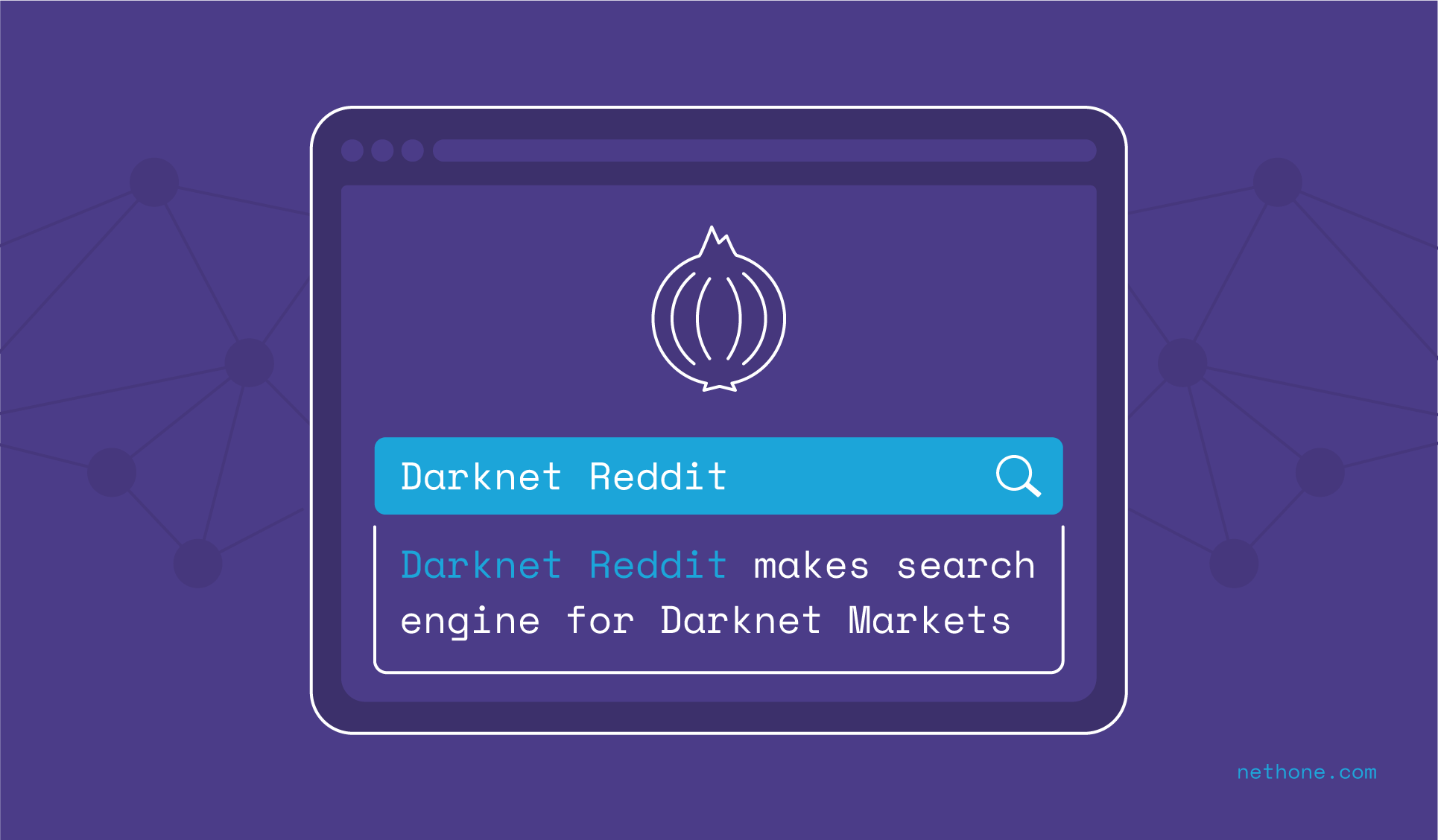The dark web, an aspect of the internet which is not indexed by conventional search engines, has drawn public interest because of its connection with anonymity and illicit activities. Inside this shadowy realm exists a complex economy that flourishes on the exchange of goods and services that are often illegal or difficult to access in the surface web. Under the radar marketplaces have emerged as the virtual storefronts of this economy, where users can acquire and dispose of everything from drugs and counterfeit items to cybercrime tools and stolen data.

These marketplaces function on a foundation of privacy and secrecy, using cryptocurrencies like Bitcoin to enable transactions without revealing buyers' or sellers' identities. As more people become curious about the dark web, understanding its marketplaces is essential to grasp the broader implications of this hidden economy. The allure of privacy and the promise of unregulated trade keep enticing users, raising questions about legality, ethics, and the future of trade in a digital age.
An Overview of this Dark Web
The dark web constitutes a subset within our deep web, which encompasses all parts in the internet which are not indexed through traditional search engines. Accessing it requires specialized software and configurations to gain entry, most notably through its Tor network. This network anonymizes users, rendering it difficult to trace their activities. As a result, the dark web operates separately from the surface web, where most online interactions occur.
Inside the dark web, markets thrive in a wide range of niches, ranging from illicit goods and services. Such marketplaces are often structured similarly to popular e-commerce sites but run on the principle of anonymity and encryption. Vendors create profiles, allowing them to showcase their offerings, and customers rely on user reviews and feedback to navigate the sometimes dangerous buying landscape. The competitive nature in these platforms drives innovation and adaptation for sellers.
The transactions that take place in dark web markets typically utilize cryptocurrencies, with Bitcoin being the most prominent. Such financial anonymity provides an additional layer of security to both buyers and sellers. In darkmarket link of the risks involved, the dark web economy has flourished, attracting those who seek to engage in activities not permissible in the mainstream marketplace. Understanding the structure is crucial to comprehending the complexities and implications of the dark web economy.
Exchanges in the Shadows
In the lawless world of the deep web, exchanges happen away from the prying eyes of conventional oversight. Participants engage in the buying and selling of illegal goods and services with a strong emphasis on anonymity. This environment encourages a sense of security for clients and vendors alike, as they utilize cryptocurrencies like Bitcoin to conceal their identities and financial trails. The appeal of the deep web includes access to items seldom found in traditional marketplaces, from illicit drugs to forged documents, all available at the click of a button.
Additionally, the infrastructure of darkweb marketplaces is structured to facilitate secure exchanges. Trust services are frequently employed, where funds is held until both parties complete their responsibilities. This method builds trust among participants who might might be wary of scams or deception. Feedback and ratings play a crucial role as well, allowing participants to gauge the reliability of vendors. Such systems help maintain a semblance of organization within the confusion of illicit trading, promoting repeat transactions.

However, the volatile nature of deep web markets poses substantial threats. Law enforcement agencies continuously monitor these areas, leading to frequent raids that can dismantle popular platforms instantly. This instability drives a constant cycle of new marketplaces emerging to take the place of those that have been shut down. For users, this means navigating a changing landscape where safety and lawfulness are uncertain at best, reminding all that while transactions may be secure, the darkness of doubt are always looming.
Hazards and Regulations
Participating with darkweb markets involves substantial dangers, both legal and individual. Participants face the danger of facing police actions aimed at disrupting illegal activities. Many people have been detained as a result of operations targeting these platforms, highlighting the real possibility of criminal charges, fines, or imprisonment. In addition to legal consequences, there are risks related to frauds, as the disguise of deals can lead to conflicts over non-delivery of goods or provisions.
The lack of regulation in the black market economy also raises worries regarding safety and security. Online risks, such as hacking or ID fraud, are prevalent on these marketplaces. Users may unwittingly expose themselves to viruses or scamming attacks when navigating these environments, putting their private data and money at risk. Additionally, the illegal nature of many products means that buyers may be caught up in buying harmful or harmful goods, raising the likelihood for negative outcomes.
Regulations surrounding the darkweb remain complicated and often inefficient. While some jurisdictions have made progress in tackling the challenges posed by these clandestine markets, global collaboration is difficult due to varying laws and enforcement abilities. As authorities continue to adjust to the changing landscape of the black market, participants must remain vigilant and informed about the legal consequences of their actions, as well as the potential risks inherent in engaging with an unregulated market.
